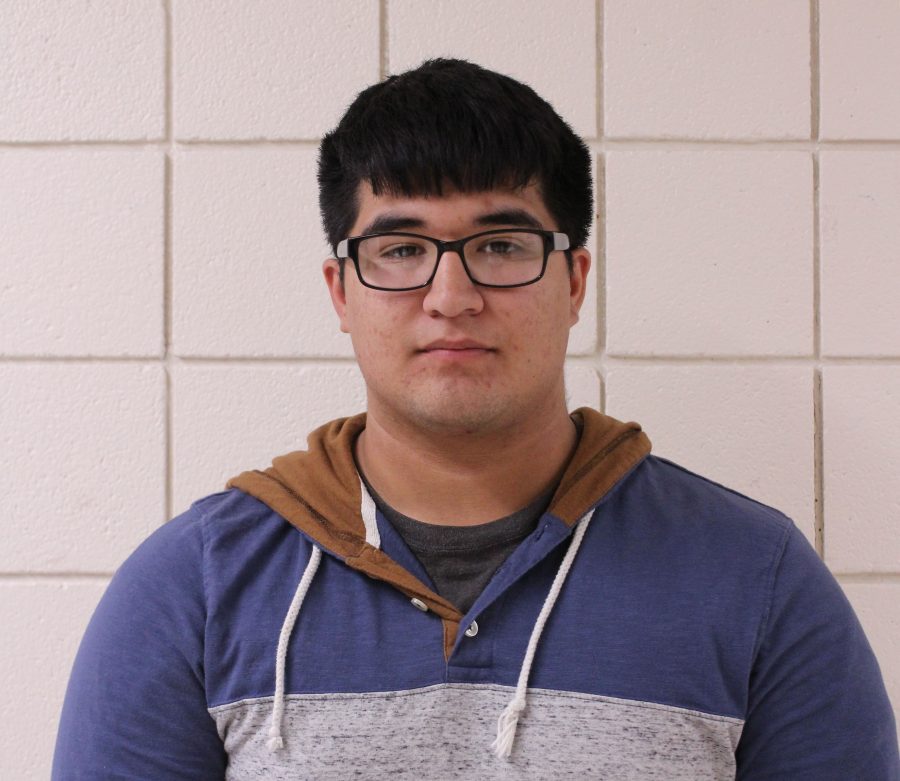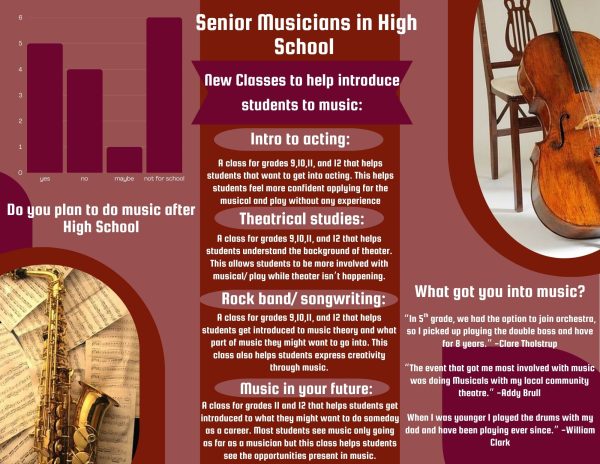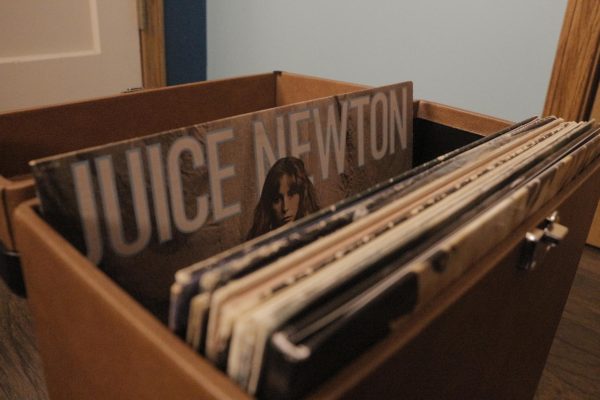Student’s opinions on diversity vary
Hays High’s cultural diversity has been described as minimal with white students being the most common. This is not just the surface-level opinion of students, but it is confirmed in statistics when looking at it from a numbers standpoint.
Based on statistics by Niche.com, a site that grades schools on their academic statistics as well as their diversity, said the percentage of white students at this school is 83.1 percent, with Hispanic of students being 9.9 percent and African American at 1.3 percent. Multi-racial students are listed at 4.1 percent.
The number of students who are of non-white background is clearly few, but the opinions of them vary from person to person. There are a variety of experiences as well.
Grace Moroni is a black freshman. Despite being African American, she has often been mistaken for being Hispanic by other students for unknown reasons. She has also been called a racial slur directed at Hispanics specifically.
“It’s pretty good,” Moroni said. “There are a lot of Hispanics but also white kids here.”
Many students have had negative experiences in Hays, considering the political views and ideas associated with this area and its neighboring southern states.
Since the inauguration of Trump, tensions have risen along with discrimination directed at students of Hispanic descent because of Trump’s anti-immigration policy.
Despite being born in the U.S, freshman Philip Ramirez has been told “Go back to Mexico,” or “Where’s the deportation bus?” by another student. Ramirez said this happened only three months ago, around the same time as when Trump was inaugurated.
Along with this his opinion of diversity in school, Ramirez said the diversity at Hays High could be improved a lot.
Senior Tanner Callis is mixed in his ethnic background with his father being white and his mother South Korean. He and his sister both represent a part of the school’s Asian population, which is the smallest statistic listed. Callis also agreed that Hays High’s diversity could be much more than it is right now.
“I’ve never had issues with discrimination,” Callis said. “But I know that there are a lot of people who suffer from it.”
18elee@usd489.com






